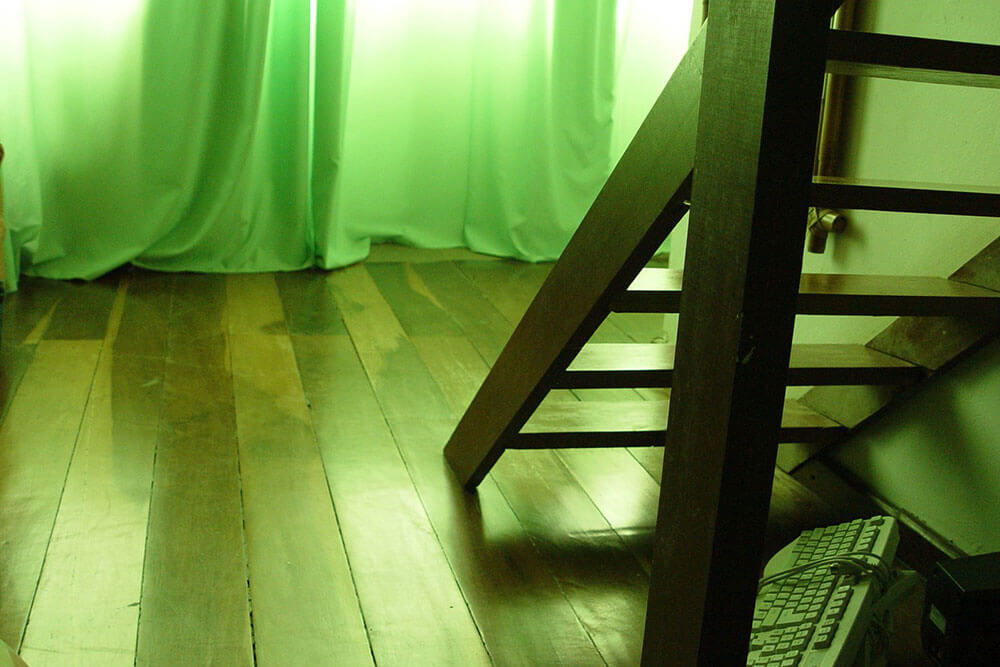Given how few homes in the Nashville and Greater Middle Tennessee area actually have basements, it’s not surprising that many people don’t spend any time thinking about what kind of basement flooring they should have. It’s worth thinking about, though. If you have a basement, the kind of materials you use for flooring is the key to whether your basement is just a musty storage place or a place where people would actually want to hang out.
Plank Tiles Are a Solid Option
If you’ve spent any time on the Ozburn-Hessey blog, then you’ll know we are big fans of the way vinyl plank tiling looks and feels. Why so? For one thing, the basement is where most moisture-related problems happen, so having a flooring material that can handle the occasional drip-drop of water without emergency is key. For another thing, vinyl plank tile flooring is installed with ease, which DIYers especially love. If all you have in your basement is a concrete slab, a weekend with the right tools and the know-how to get it done will leave you with a lovely, soft, and affordable floor. Vinyl plank tiling also handles sound a great deal better than other materials, making it ideal for a little underground den.
Residential Carpeting Has a Place in the Basement
With all of this talk of moisture, water, and flooded basements, you probably expect carpeting to have no place in the basement. This is false. In a lot of ways, carpeting is the ideal material for basements. It’s safer to have on the stairs than any other material and a great deal warmer, too. If you splurge a little bit on your budget, you can even get carpet with the ability to handle a little bit of moisture. Obviously any kind of standing water is going to wreak havoc on carpet, but this is true for all flooring materials. Residential carpeting is the best option if you are trying to create a room that is warm and inviting.
Avoid Traditional Hardwood Flooring
Although it’s great to have traditional hardwood flooring in other scenarios, we at Ozburn-Hessey recommend avoiding hardwood flooring in your basement. It’s a bit more expensive than the other materials, especially if your basement only has a concrete slab. Hardwood needs to be nailed down during installation, usually to a plywood subfloor. It’s not impossible to nail the wood to the concrete, but it is messy and a lot of work.
The biggest problem with having traditional hardwood floors in a basement is that the temperature fluctuations will cause all sorts of problems with the material. Expect to see a lot of buckled planks and warped areas throughout the year. These little gaps can let moisture into the sub floor where bacteria and mold will form and rot out the flooring.
There are a lot of different directions you can go with your basement flooring, but the best choice depends on what kind of environment you want to create. If you have ideas for how you want your basement flooring to look, then the next step is to contact the professionals here at Ozburn-Hessey to find the floor that matches your vision.




